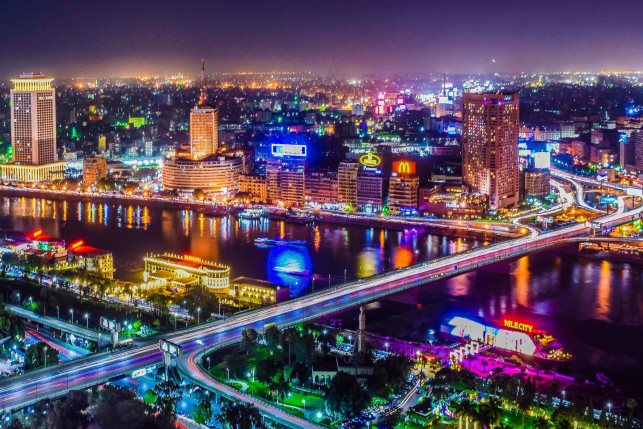World Bank expects Egypt's growth rate to reach 4.2% in 2024/2025
Conversely, the bank has downgraded its forecast for Egypt's economic growth for the current year to 2.8%, down from the earlier projection of 3.5%.

The World Bank has revised its projections for Egypt's economic growth, anticipating a 4.2% expansion in the fiscal year 2024/2025, up from the previous estimate of 3.9%, as stated in a report released by the bank on Monday.
Conversely, the bank has downgraded its forecast for Egypt's economic growth for the current year to 2.8%, down from the earlier projection of 3.5%.
These adjustments come amidst the backdrop of geopolitical tensions in the Middle East impacting the economies of the region's nations.
The World Bank's recent report highlighted the uncertain regional economic impacts of the conflict between Israel and Iran, contingent on the extent of escalation.
It pointed out that tourism, particularly in neighboring countries, has been significantly affected.
The report noted a decline in oil and food prices, benefiting oil-importing economies in the region.
Furthermore, it discussed global ramifications following the attacks on commercial ships in the Red Sea, which coincided with escalating conflict. These attacks led to reduced traffic through the Bab el-Mandeb Strait and the Suez Canal.
The report emphasized the costly diversion of trade routes due to increased requirements for ships and fuel, as well as rising insurance and shipping rates in the region, impacting global container shipping rates, particularly for routes from the East to Europe.
It highlighted ongoing uncertainty in the Middle East region, potentially exacerbating existing vulnerabilities in several MENA economies, such as Egypt.
The report outlined how trade disruptions from Red Sea assaults have worsened supply chain bottlenecks in Egypt, contributing to inflationary pressures and shortages of staples.
In neighboring countries like Jordan and Egypt, trade in services, especially tourism, plays a vital role in revenue generation and job creation. Additionally, civil unrest stemming from the conflict in Jordan could impact its attractiveness as a tourist destination.





